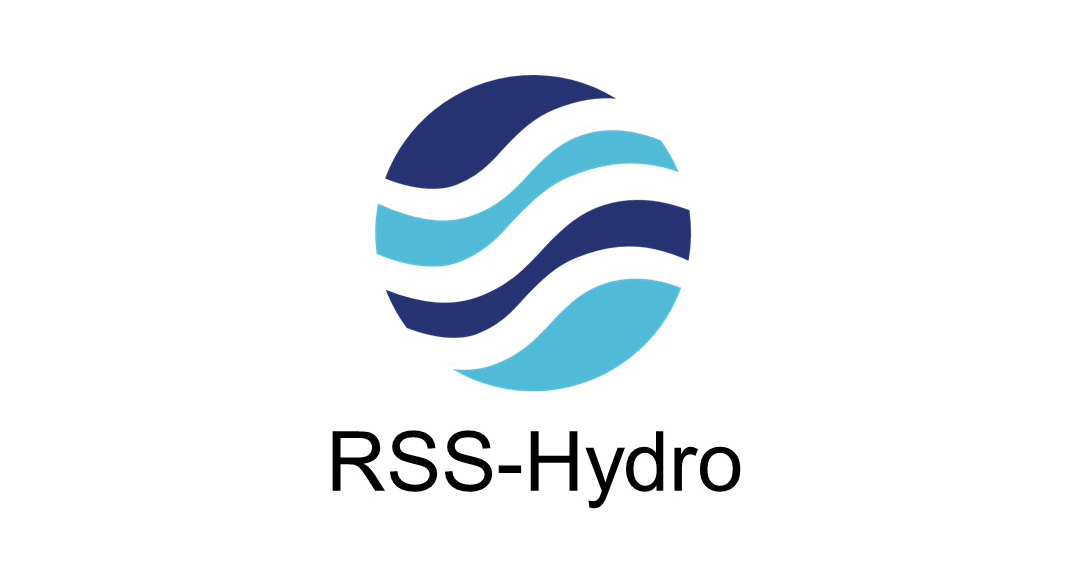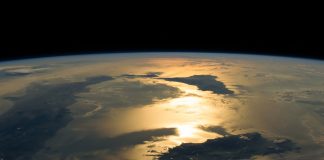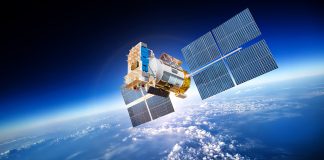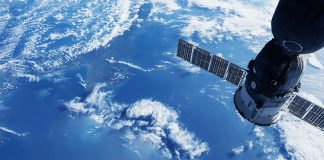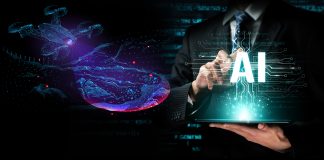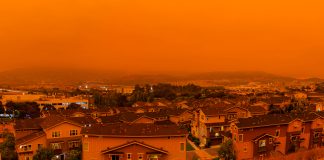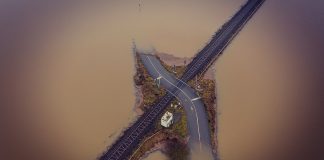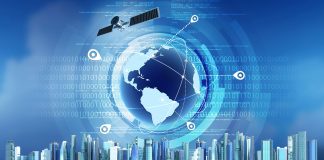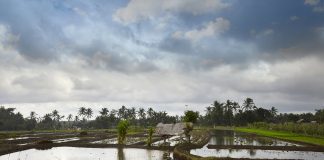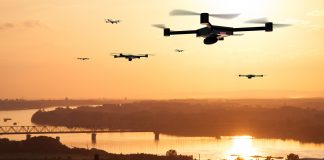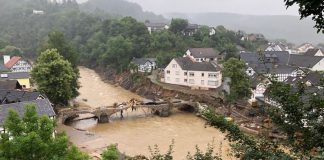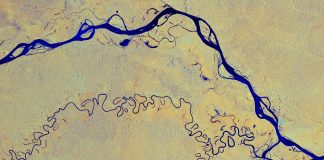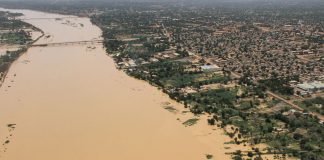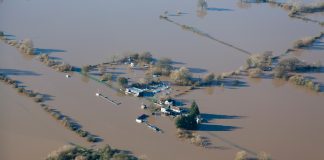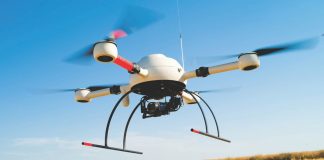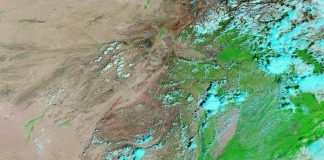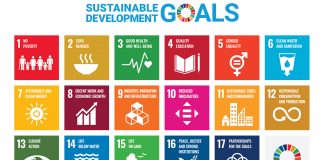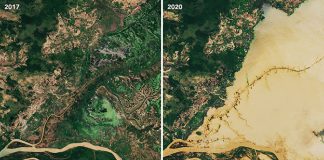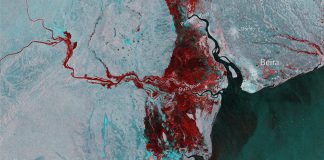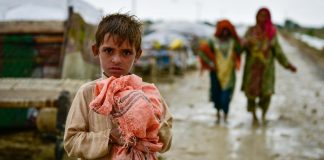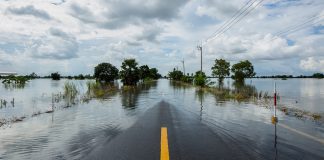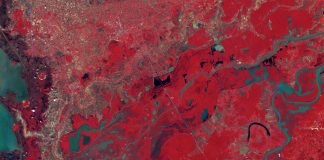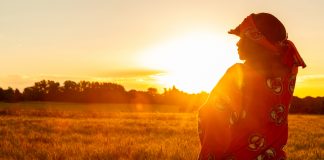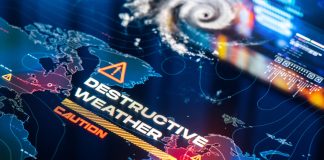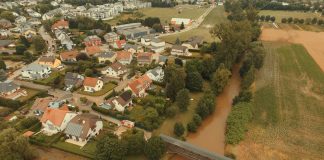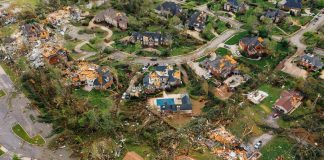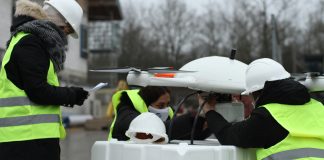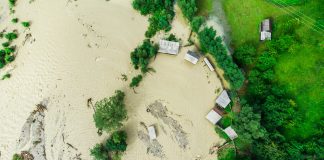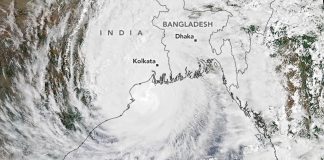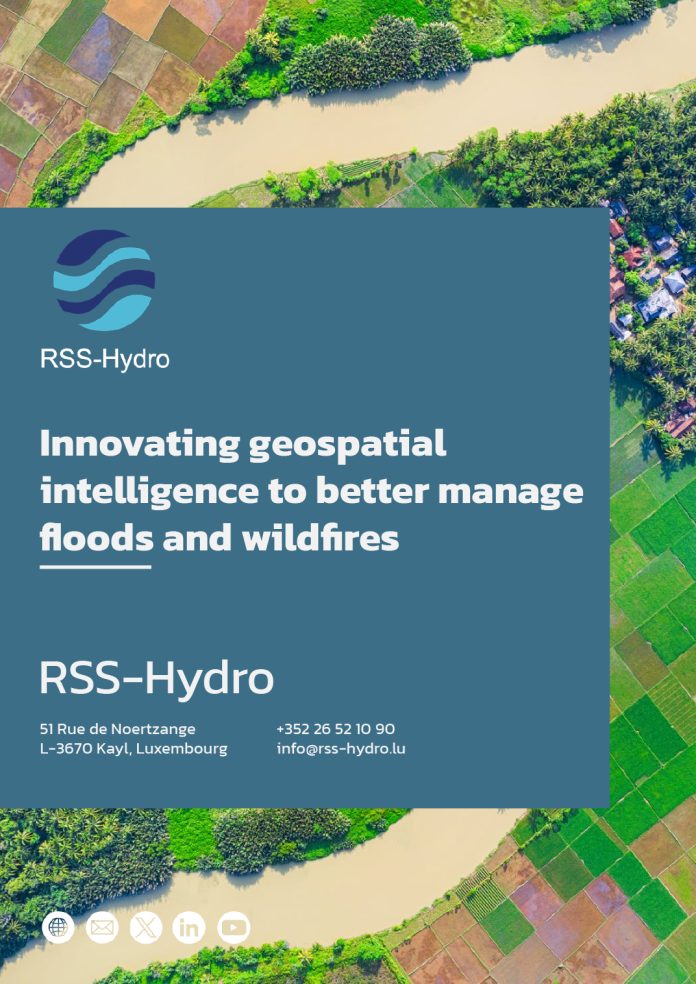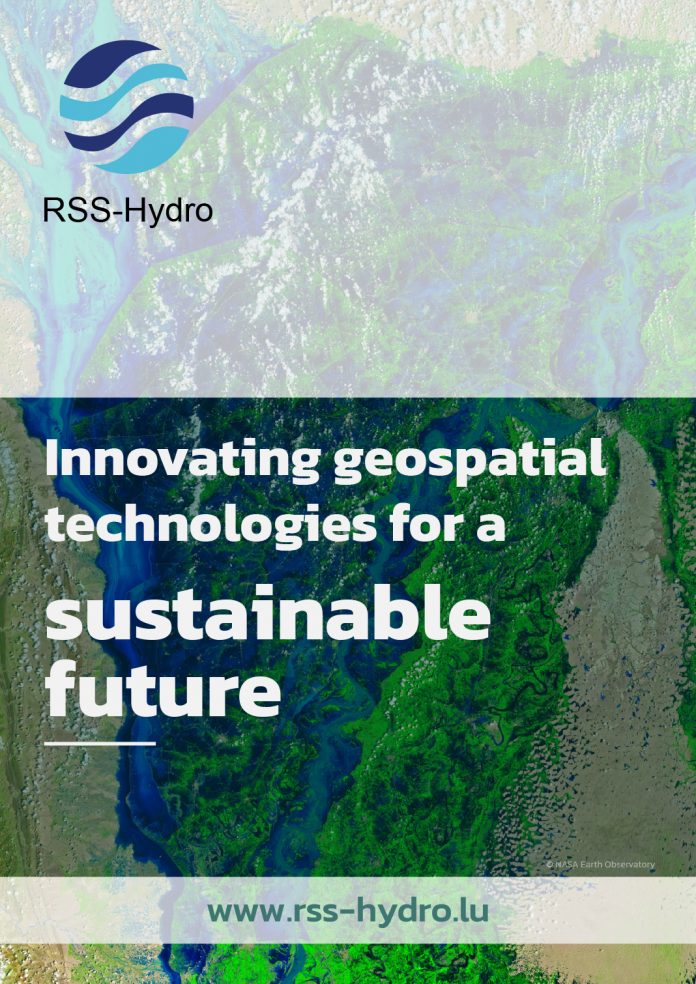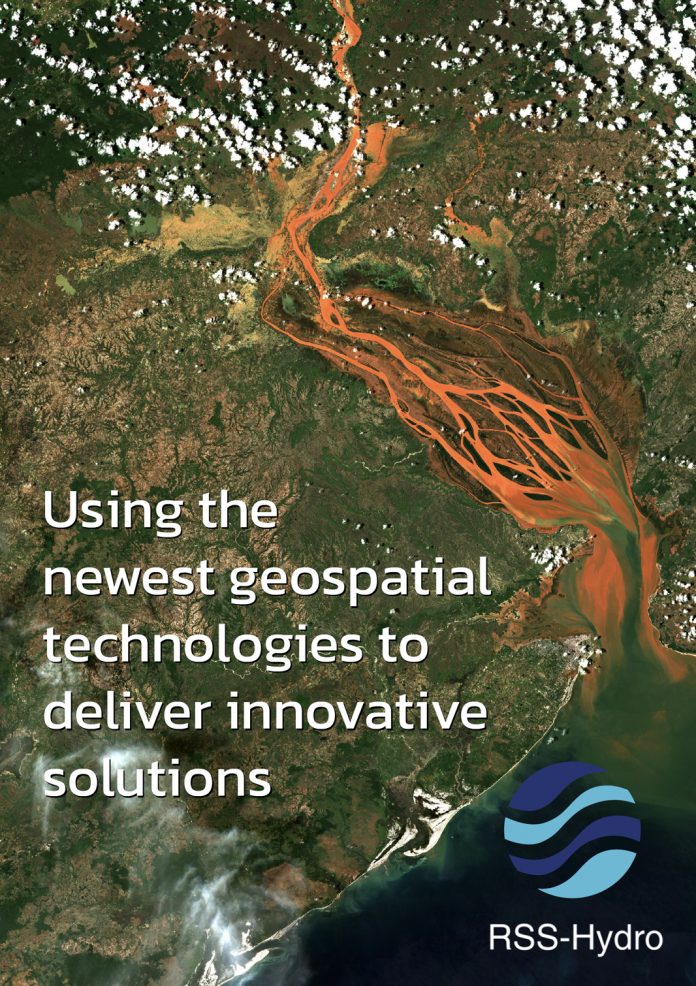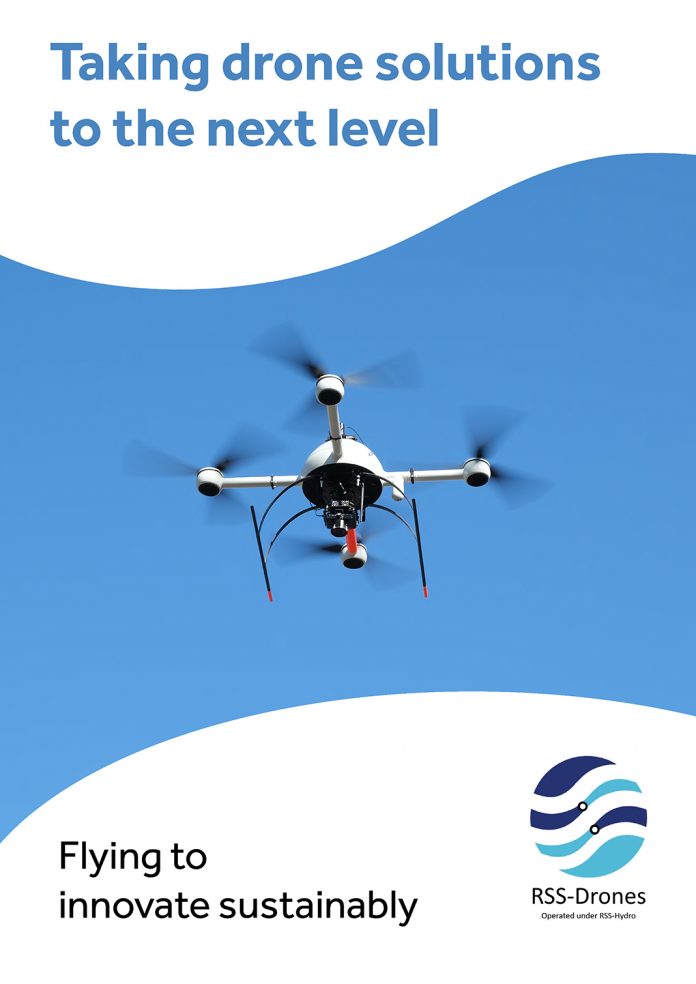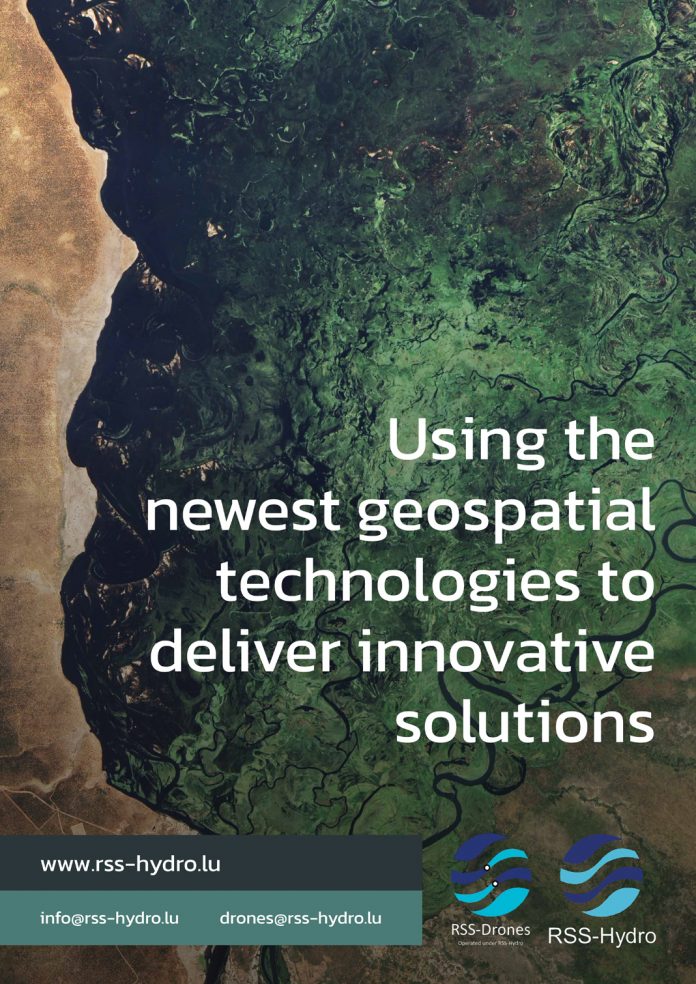Using computer simulations, remote sensing and satellite technology, RSS-Hydro offer innovative solutions for a sustainable future.
RSS-Hydro works towards promoting research and development for a sustainable future, focusing its activities pivoting around three business pillars: research, development of next-generation geospatial solutions, and expert scientific consulting.
RSS-Hydro’s Research and Education Department is a government-accredited research institute which hopes to receive public funding to allow the business to train PhD students and postdoctoral scholars. RSS-Hydro’s RED overall mission is to establish a globally influential private R&D centre in water risk sciences, with strategic public-private partnerships.
The team is a mix of internationally-recognised scientists, geoscience technicians and trained drone pilots. The company stands for open data, promotes open public IP and publishes their methods and algorithms in open-access scientific journals. RSS-Hydro builds on transparency and strategic public-private partnerships to advance important issues, such as the SDGs.
Given the high demand from industry sectors as well as the humanitarian and aid development community to offer more innovation in the EO application market, RSS-Hydro focuses resources and R&D projects to effectively respond to this market gap. RSS-Hydro is constantly committed to better serve science to everyone and engage end-users from a variety of different sectors by assisting them in developing better products for their needs or using new and existing services in a way that produces better actionable information.
RSS-Hydro is a proud member of the Luxembourg Space Cluster, the Open Geospatial Consortium and EARSC.
Since its creation, the company has been very successfully engaging with the European Space Agency (ESA) Phi Lab and other business-oriented R&D programmes to transform next generation innovative ideas into customer-led intelligence products and services for better disaster management, while helping society and industry meet SDG targets.
AREAS OF EXPERTISE:
- Remote sensing (Satellites, airborne, UAV)
- Hydrology
- Topography (DEM)
- Flood Modelling
- Machine Learning
RESEARCH INTERESTS:
- Disaster assistance
- Water hazards and risks
- Innovation in industry
- Education

